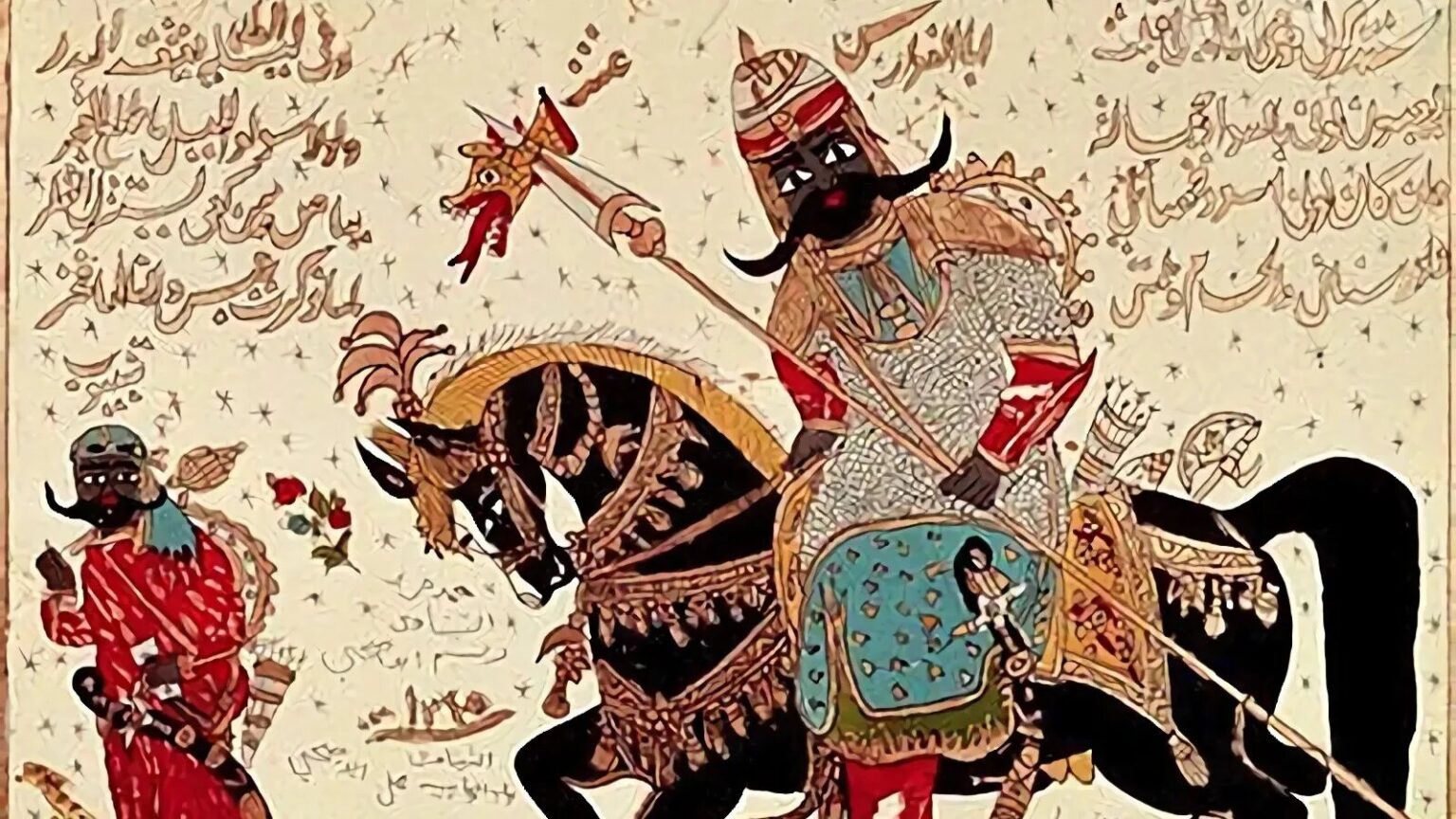The Heartbeat of Kuwaiti Culture
Poetry has always been more than mere words in Kuwait; it is the heartbeat of the nation’s culture. From the bustling markets to quiet desert nights, poetry resonates deeply with the Kuwaiti people, reflecting their emotions, values, and collective identity. It is a living form of expression that transcends time, continually shaping how Kuwaitis view themselves and their society.
In Kuwaiti literature, poetry is not just a genre but a foundation. Writers often draw inspiration from the rhythms, imagery, and emotive power of poetry, weaving these elements into novels, essays, and short stories. Even contemporary Kuwaiti authors, who embrace modern narrative techniques, cannot ignore the influence of traditional poetry that carries the voices of ancestors and historical experiences.
Connecting Generations Through Verses
One of the most remarkable aspects of poetry in Kuwait is its ability to connect generations. Ancient poems passed down orally continue to resonate with the youth, offering insights into societal norms, family values, and the beauty of the natural environment. These verses are not just historical artifacts; they are living expressions that inspire modern storytelling and literary exploration.
Young Kuwaiti writers often reinterpret classical themes, blending them with contemporary issues like identity, gender, and globalization. In doing so, they maintain a dialogue between the past and the present, honoring tradition while innovating literary expression. Poetry becomes a bridge, linking the wisdom of elders with the perspectives of the modern generation, ensuring that Kuwaiti literature remains vibrant and relevant.
Evoking Emotional Depth and Imagination
Poetry’s unique ability to evoke deep emotion is one reason it continues to inspire Kuwaiti literature. Through metaphors, rhythm, and vivid imagery, poets capture feelings that are often difficult to express through conventional prose. Writers across genres draw on this capacity to create characters and narratives that resonate emotionally with readers.
This emotive quality is especially powerful in works addressing social challenges, personal struggles, and cultural transitions. Poetry allows authors to convey subtle truths, enabling readers to empathize with experiences different from their own. In Kuwaiti literature, where identity, history, and modernity intersect, the emotional resonance of poetry enriches storytelling, giving depth to both narrative and character.

Inspiring Creativity Across Genres
Poetry’s influence in Kuwait is not limited to traditional literary forms. It inspires creativity across various genres, from theater and film scripts to contemporary short stories and novels. The techniques and aesthetics of poetry such as concise language, layered meanings, and rhythmic flow are evident in the prose style of many Kuwaiti writers.
Even in experimental literature, where authors challenge narrative conventions, the poetic sensibility remains influential. Writers borrow techniques like repetition, alliteration, and symbolic imagery to craft works that are both intellectually engaging and aesthetically appealing. Poetry thus serves as a creative compass, guiding Kuwaiti authors in their artistic journeys.
Preserving Cultural Identity Through Literature
Kuwaiti poetry plays a vital role in preserving cultural identity. Many poems celebrate local traditions, landscapes, and historical events, fostering a sense of pride and belonging. These themes find their way into literature, allowing readers to experience Kuwaiti culture through multiple perspectives.
For instance, stories that describe life along the coastline, the rhythms of the desert, or the traditions of trade and craftsmanship often draw imagery and phrasing from poetic forms. By integrating poetry into literature, authors ensure that cultural knowledge is not lost but transmitted in a manner that is both engaging and enduring.
Poetry as a Source of Inspiration for Social Reflection
Beyond artistic expression, poetry in Kuwait serves as a mirror to society. It addresses social issues, challenges norms, and inspires reflection. Kuwaiti literature, influenced by these poetic traditions, often carries a subtle critique of societal trends, encouraging readers to think critically about their surroundings.
Writers inspired by poetry are adept at weaving these reflections into their narratives without being didactic. Poetry teaches the power of suggestion and the beauty of indirect expression, enabling authors to provoke thought while maintaining artistic elegance. This dual function—entertaining and enlightening—ensures poetry’s continued relevance in contemporary literature.
The Role of Modern Media in Promoting Poetry
In today’s digital age, poetry has found new avenues to inspire Kuwaiti literature. Social media platforms, blogs, and online literary forums allow poets to share their work with a wider audience than ever before. These digital spaces create opportunities for cross-generational dialogue and collaborative creativity, influencing both emerging and established authors.
Through online publications and virtual poetry readings, the boundaries between poetry and literature blur, encouraging experimentation. Writers incorporate online poetic styles, hashtags, and short-form expressions into their prose, demonstrating how technology and tradition can coexist harmoniously. This fusion enriches Kuwaiti literature and ensures poetry remains a dynamic force in shaping literary trends.

Nurturing Talent and Literary Communities
Poetry also plays a critical role in nurturing talent and fostering literary communities in Kuwait. Poetry workshops, competitions, and cultural festivals provide spaces for aspiring writers to learn, share, and grow. Experienced poets mentor young authors, guiding them in harnessing poetic techniques to strengthen their storytelling.
These communities create an environment of encouragement and collaboration, inspiring literary excellence. The energy and passion generated through these interactions often translate into innovative literature that continues to push creative boundaries. Poetry, therefore, acts as both a source of inspiration and a foundation for literary growth.
The Timeless Appeal of Poetic Language
The enduring power of poetry lies in its language. Poetic language rich, evocative, and musical continues to captivate readers and writers alike. In Kuwaiti literature, the elegance of poetic expression enhances narrative flow, adds emotional resonance, and creates memorable imagery.
Writers who draw from poetry often achieve a depth and sophistication in their work that purely prosaic writing may not reach. The lyrical quality of poetic phrasing transforms ordinary descriptions into vivid experiences, leaving a lasting impression on readers. This timeless appeal ensures that poetry will always hold a central place in Kuwaiti literary culture.
Inspiring Future Generations
Perhaps the most significant impact of poetry on Kuwaiti literature is its role in inspiring future generations. Young writers, exposed to the power and beauty of poetry from an early age, develop a profound appreciation for language and creativity. They are encouraged to experiment, reflect, and express themselves, knowing that literature is a living, evolving art form.
As these emerging authors continue to reinterpret and integrate poetic elements into their work, Kuwaiti literature thrives. Poetry remains a guiding light, reminding writers of the profound impact that words can have on hearts, minds, and society.
Conclusion: Poetry as the Lifeblood of Kuwaiti Literature
Poetry is far more than a historical artifact in Kuwait; it is the lifeblood of its literature. Its influence permeates all forms of writing, inspiring creativity, preserving culture, and fostering emotional connection. Kuwaiti literature thrives because poetry continues to guide, challenge, and elevate it, ensuring that every generation discovers the transformative power of words.
Through the interplay of tradition and innovation, past and present, poetry remains an enduring source of inspiration. It empowers Kuwaiti writers to tell their stories with depth, beauty, and authenticity, reinforcing the timeless truth that poetry and literature are inseparable in shaping a nation’s soul.
Do follow Gulf Magazine on Instagram.
Also Read – The Influence of Bedouin Traditions on Modern Kuwait Culture and Society



